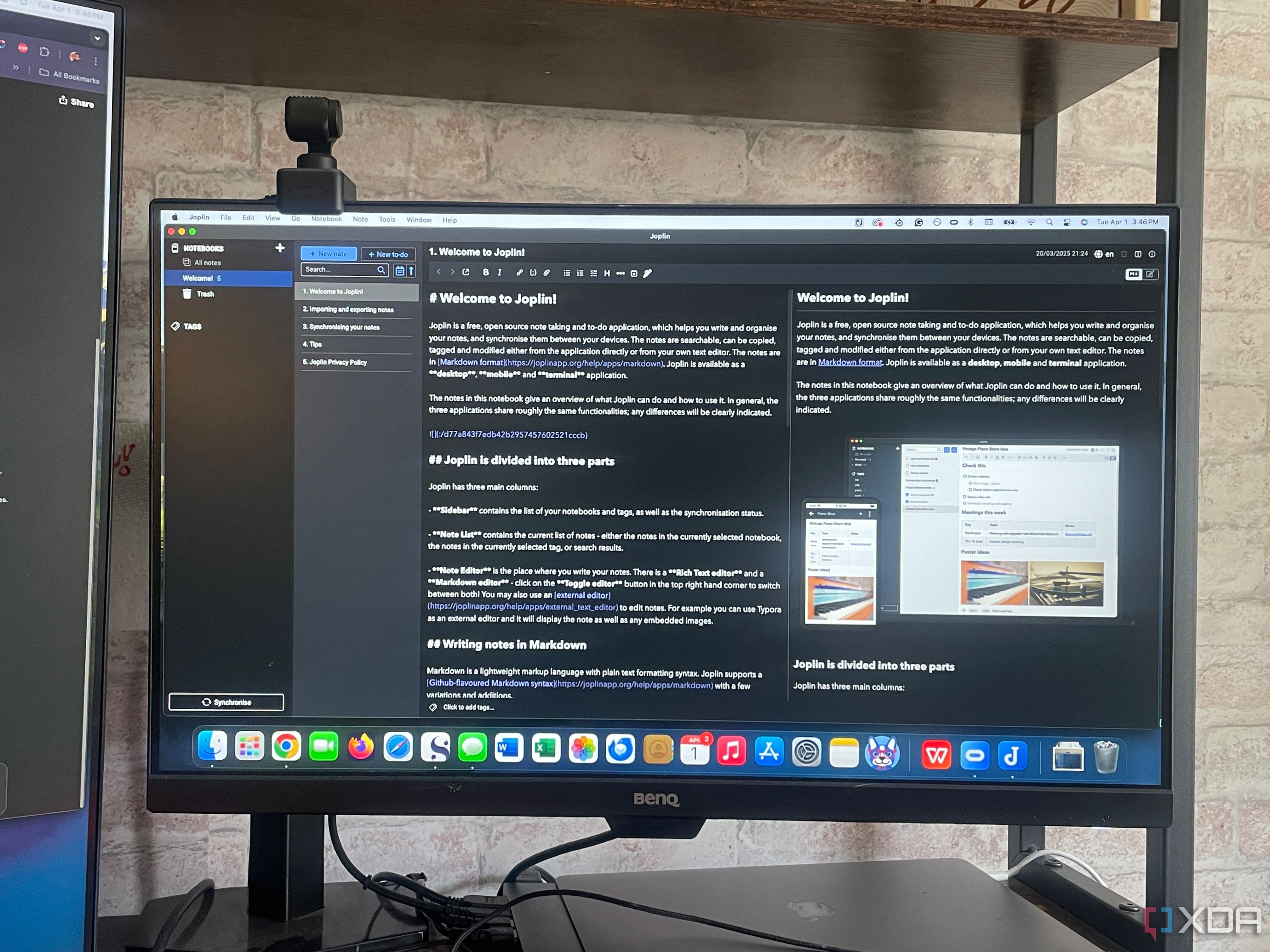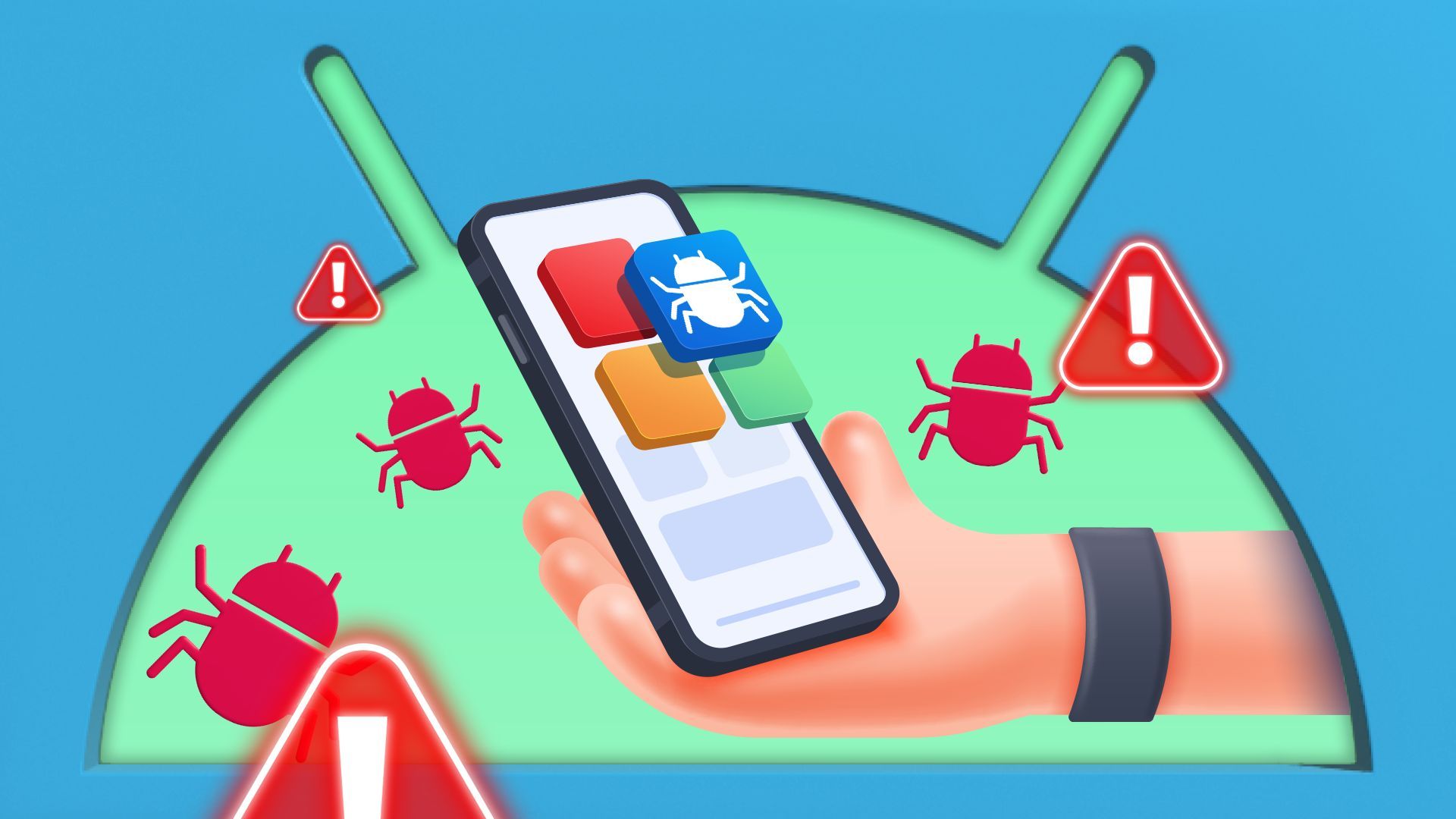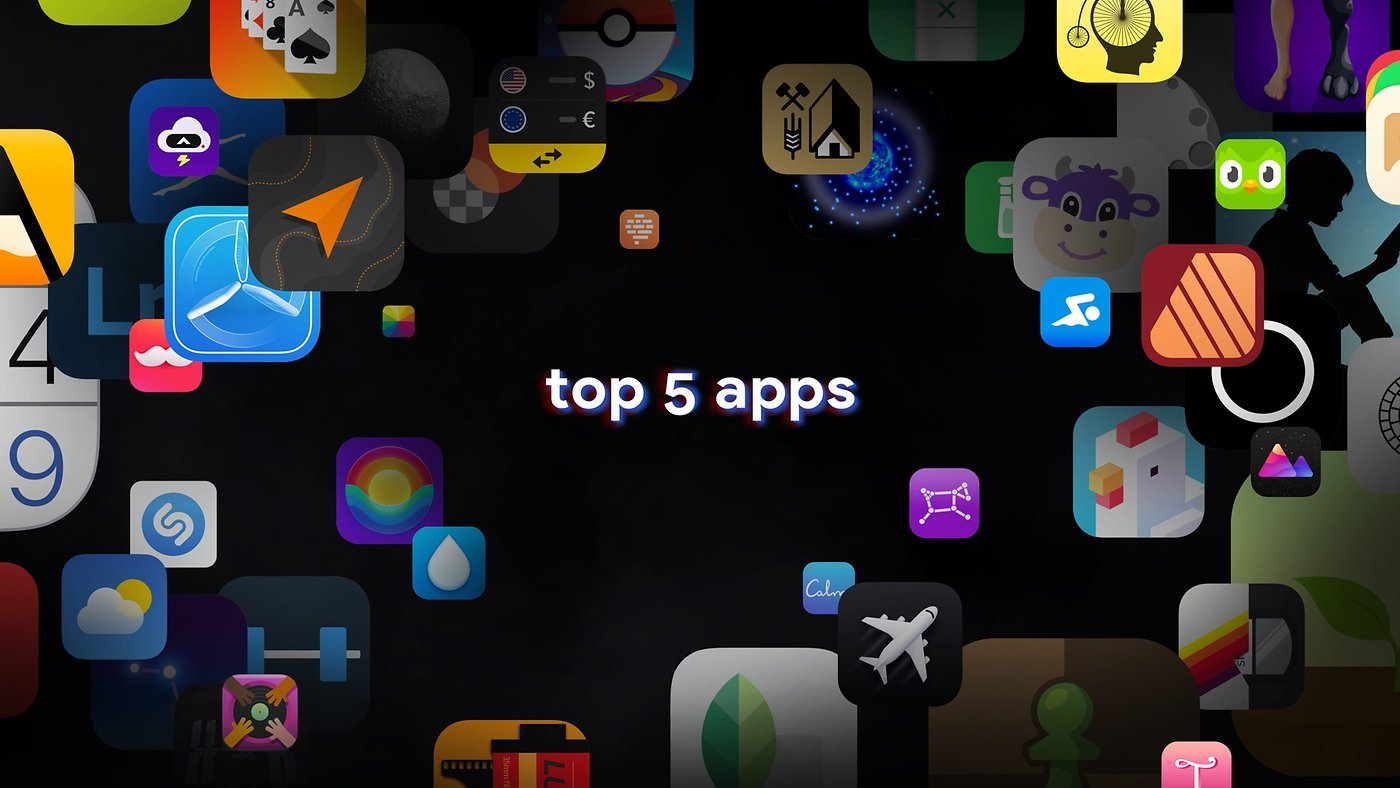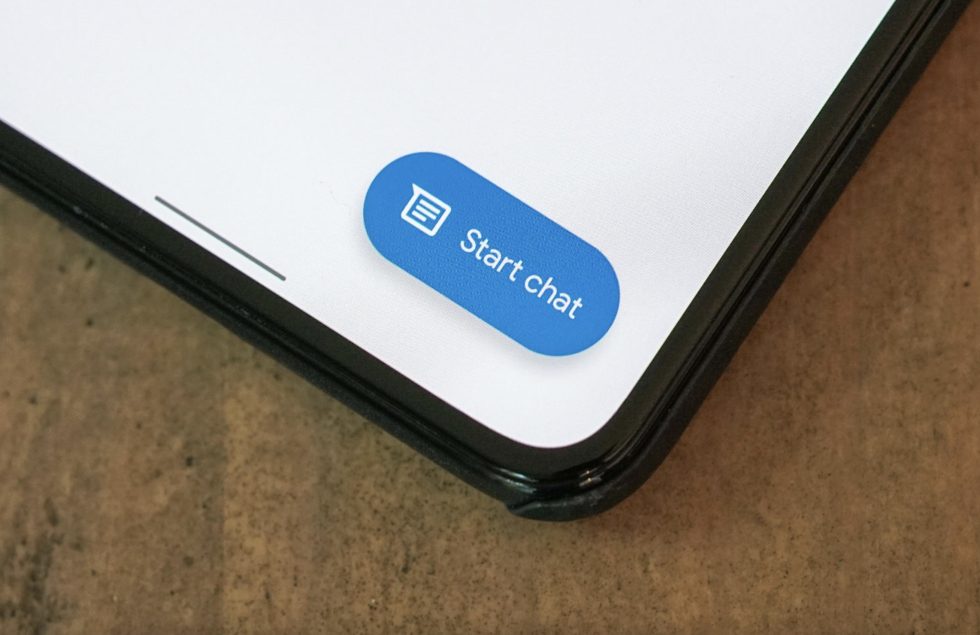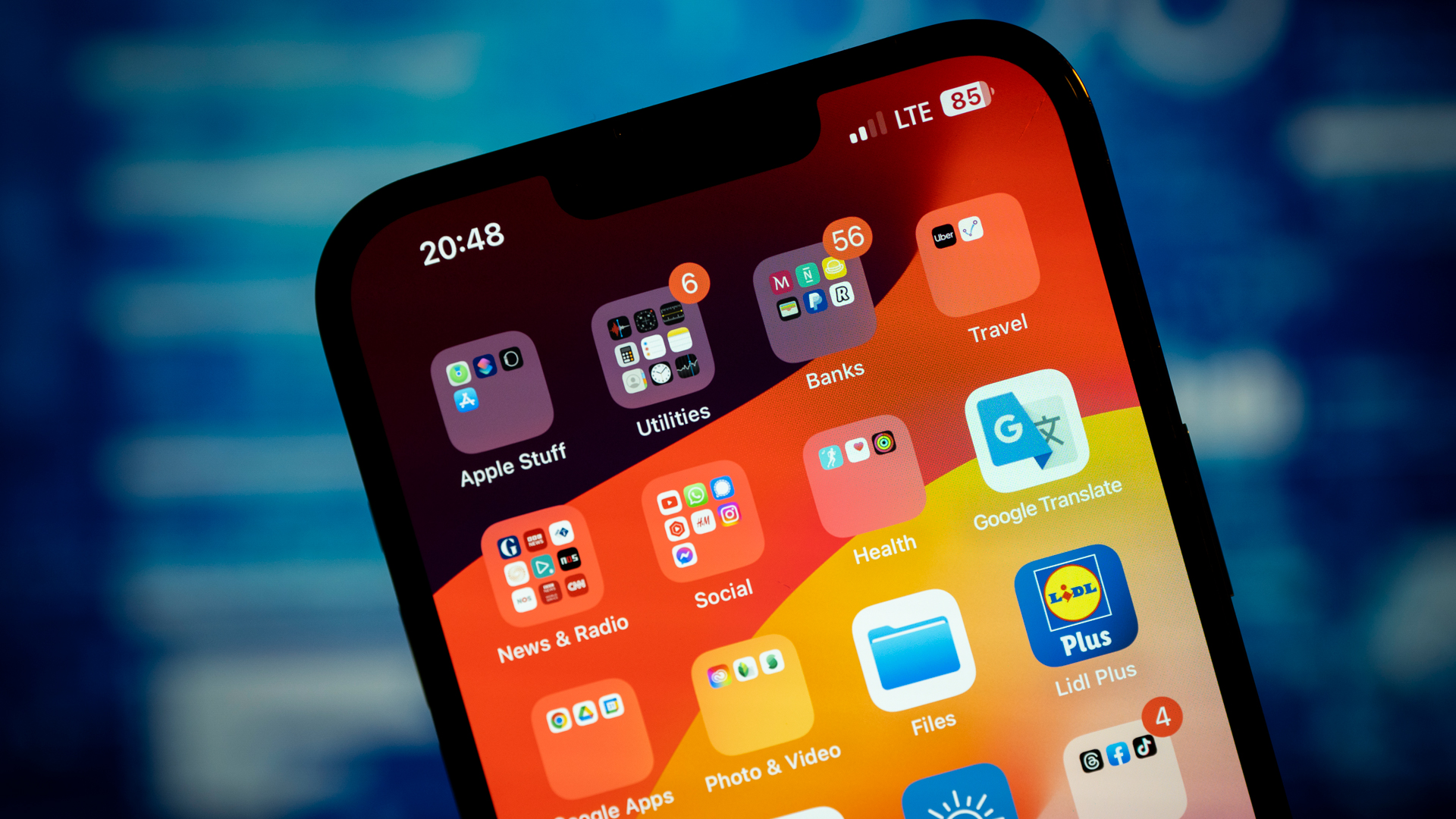Look out for tax-themed scams this month, Microsoft warns
Social engineering attacks are taking advantage of US tax day.

- Criminals are using the April 15 tax deadline to trick victims
- Phishing attacks used to deliver malware and infostealers
- This leaves victims at risk of fraud and identity theft, as well as monetary loss
With the April 15 deadline for tax filings in the US fast approaching, a new report from Microsoft has warned phishing campaigns are using it as a way to trick people into handing over their personal information.
The company says social engineering attacks have been observed using redirection methods like QR codes, URL shorteners, and other malicious attachments to deliver malware like Latrodectus, BruteRatel C4 (BRc4) and AHKBot as well as remote access trojans (RATs).
Tax day specifically represents a serious risk the many who are looking for help in filing taxes, and criminals can convince victims to enter their financial information - which leaves people at risk of identity theft or fraud, especially criminals taking out credit cards in the victim’s name.

Monitor your credit score with TransUnion starting at $29.95/month
TransUnion is a credit monitoring service that helps you stay on top of your financial health. With real-time alerts, credit score tracking, and identity theft protection, it ensures you never miss important changes. You'll benefit from a customizable online interface with clear insights into your credit profile. Businesses also benefit from TransUnion’s advanced risk assessment tools.
Preferred partner (What does this mean?)View Deal
Tax-centric threats
The themed phishing emails have been sent thousands of times, Microsoft notes, using email subjects like “Important Action Required: IRS Audit” and “Notice: IRS Has Flagged Issues with Your Tax Filing”.
These are designed to create a sense of urgency, which panics victims into acting without properly considering the risks.
Some campaigns even started with “a benign rapport-building email from a fake persona” to lure recipients in, followed by a second email containing a malicious PDF - a technique which increases the slick rates on the malicious payloads thanks to the established trust between the attacker and victim.
A popular malware delivered in these campaigns is GuLoader, a “highly evasive malware downloader” which leverages encrypted shellcode, process injection, and cloud-based hosting services in order to deliver payloads like infostealers and RATs.
Criminals often take advantage of events or services, with Microsoft warning about a new phishing campaign impersonating Booking.com, deploying powerful malware to steal credentials.
The most effective defence against phishing attacks is education - knowing what to look for and staying calm in order to avoid being convinced to click malicious links or to enter credentials.
We’ve listed everything you need to know about phishing to help keep you safe.
You might also like
- Take a look at our picks for the best malware removal software around
- Check out our choice for best antivirus software
- This new phishing campaign can tailor its messages to target you with your favorite businesses













